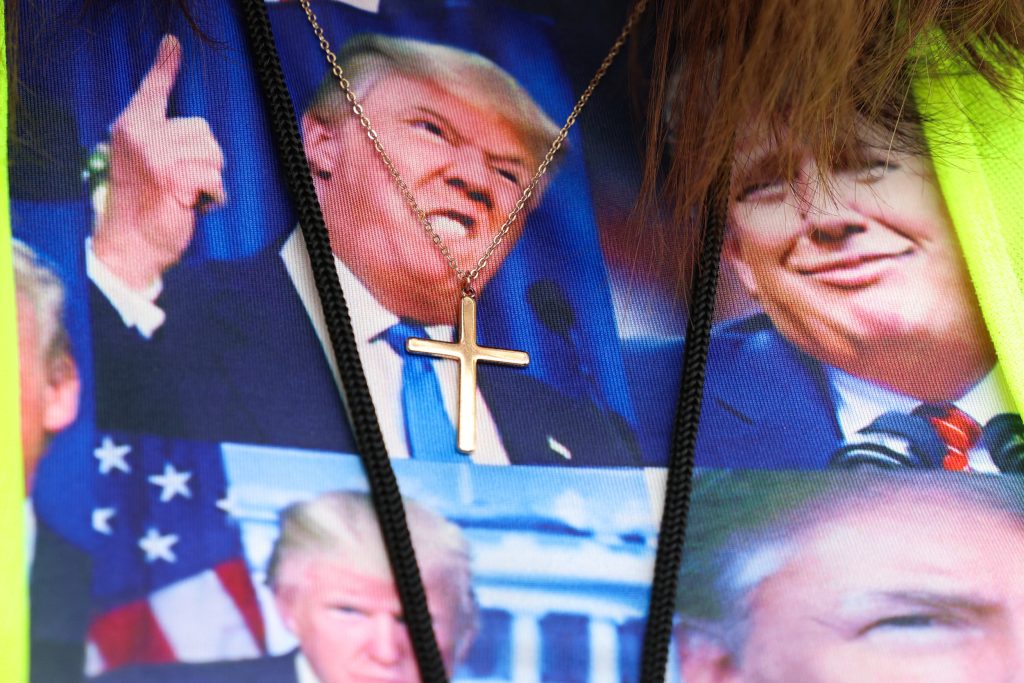The post-World War II consensus in American foreign policy was largely focused on using American might to further democracy, freedom, and liberal values. Presidents from Harry Truman to Barack Obama believed in a U.S.-led world order preventing conflicts and fostering economic stability through multilateral cooperation. America established institutions like NATO, the United Nations, and the International Monetary Fund to promote these values. Despite differences between parties, there was a bipartisan commitment to democratic values and containing communism. American actions were not always aligned with these ideals, but the country believed it was leading the world for good ends.
Donald Trump’s election in 2016 marked a stark departure from this bipartisan support for international engagement. Trump’s “America First” foreign policy emphasized sovereignty and focused on empowering American citizens over global cooperation. He declared NATO “obsolete” and severed ties with international agreements. Trump’s policies were a departure from 70 years of American foreign policy and emphasized a more isolationist approach. The consequences of this shift will be particularly evident in issues like the conflict in Ukraine and relations with authoritarian regimes like Russia and China.
With the return of Trump in the 2020 U.S. presidential election, the world is once again facing uncertainty about America’s role in global leadership. Trump’s indifference to international affairs means that foreign policy issues like the war in Ukraine, tensions in the Middle East, and the rise of China are now more important than ever. The decisions made in Washington will have major implications for countries like Ukraine, which is at the frontline of the struggle between liberal democracies and authoritarian regimes. European nations may need to consider defending themselves if American support wanes.
President Joe Biden attempted to maintain the traditional liberal consensus in American foreign policy, advocating for strong support for Ukraine and the preservation of international alliances. However, the progressive wing of the Democratic Party is skeptical of military interventions and prefers to focus on domestic issues like healthcare and education. This division within the party reflects a broader critique of U.S. interventionism and may lead to tensions regarding America’s role on the world stage. On the Republican side, the MAGA wing of the party, which currently dominates American politics, does not share the traditional approach to foreign policy.
The world will need to adjust to the possibility that U.S. global leadership, as it has been known for the past 70 years, may be coming to an end. The changing political landscape in America, with the rise of more isolationist and nationalist policies, will have far-reaching implications for geopolitics. The future of international relations will likely be shaped by the shift away from the post-World War II consensus towards a more inwardly focused approach. The consequences of these changes are already being felt in conflicts like Ukraine and tensions with countries like China and Iran. The world is entering a new era where America’s role as a global leader is uncertain.












